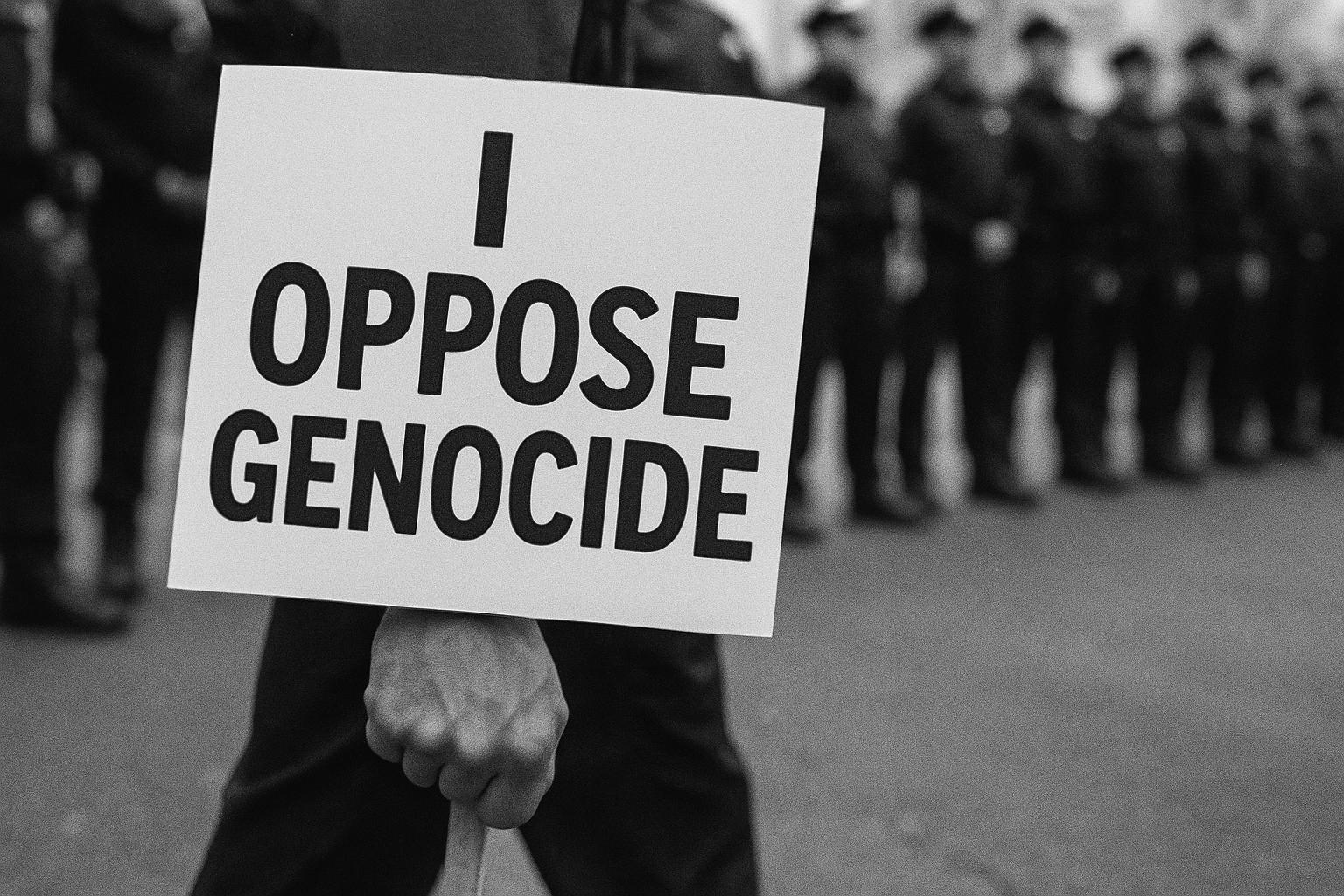On Saturday, 9 August 2025, hundreds of demonstrators gathered in Parliament Square for a protest in support of Palestine Action — a group proscribed under the Terrorism Act in July 2025 — and scores were detained as the Metropolitan Police moved to prevent public displays of support for the banned organisation. The Met said it had drafted in officers from other forces to deliver a “significant policing presence” across Westminster and warned that anyone expressing support for Palestine Action would be arrested. According to the force, police planned deployments across key locations including Westminster and Canary Wharf and said public order powers would be used where necessary.
Reporting on the size of the crowd produced varying estimates. Organisers said as many as 600–700 people attended, while Metropolitan Police estimates placed numbers closer to 500–600. News agencies and broadcasters cited arrest totals ranging from the mid-300s to the high-400s: several outlets reported 466 people detained for showing support for the proscribed group, while other figures put the wider total of arrests at 474 when additional offences were included. The discrepancies reflect rapidly changing on-the-ground counts and differing editorial updates during a busy weekend of demonstrations across the capital.
Police statements and multiple news reports said the bulk of the detentions were made under the Terrorism Act for public support of Palestine Action; a small number of other arrests related to offences such as assaults on officers. Detainees were taken to prisoner processing points in Westminster and many were later bailed with conditions, including prohibitions on attending further protests linked to the proscribed organisation, the Met confirmed.
The Met framed the operation as a pre-emptive attempt to manage simultaneous and potentially converging demonstrations. Deputy Assistant Commissioner Ade Adelekan, speaking in a Metropolitan Police press release, said the weekend’s policing plan required a “significant policing presence” to keep different groups apart and to uphold public safety. The force also urged those considering coming to the capital to weigh the long-term consequences of terrorism-related arrests.
The decision to proscribe Palestine Action in July follows allegations that some members had vandalised military sites; ministers say the move is intended to prevent further criminality linked to the group. The ban has itself become a focal point for controversy. Campaigners, academics and some civil liberties organisations have criticised the proscription as an affront to free expression, and the move is already the subject of legal challenge, commentators and broadcasters reported.
Images and video shared on social media and included in coverage showed many protesters holding placards reading “I oppose genocide. I support Palestine Action” and staging largely silent demonstrations before police moved in. Journalists recorded officers making multiple arrests in the square as stewards and organisers sought to manage an increasingly crowded event.
As the situation develops, the Met’s message was unequivocal: public displays of support for a proscribed organisation are now liable to result in arrest and potential prosecution. The policing operation underlined the practical difficulties facing authorities attempting to balance the right to protest with the enforcement of a recent terrorism proscription, while critics argue the measure risks chilling legitimate dissent.
📌 Reference Map:
##Reference Map:
- Paragraph 1 – [1], [3], [2]
- Paragraph 2 – [2], [4], [7], [6]
- Paragraph 3 – [4], [7], [6], [2]
- Paragraph 4 – [3]
- Paragraph 5 – [4], [7], [5]
- Paragraph 6 – [5], [6]
- Paragraph 7 – [3], [4], [5]
Source: Noah Wire Services
